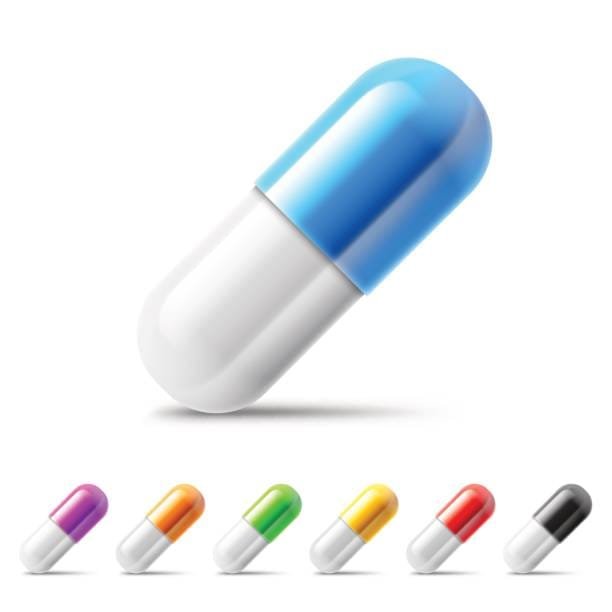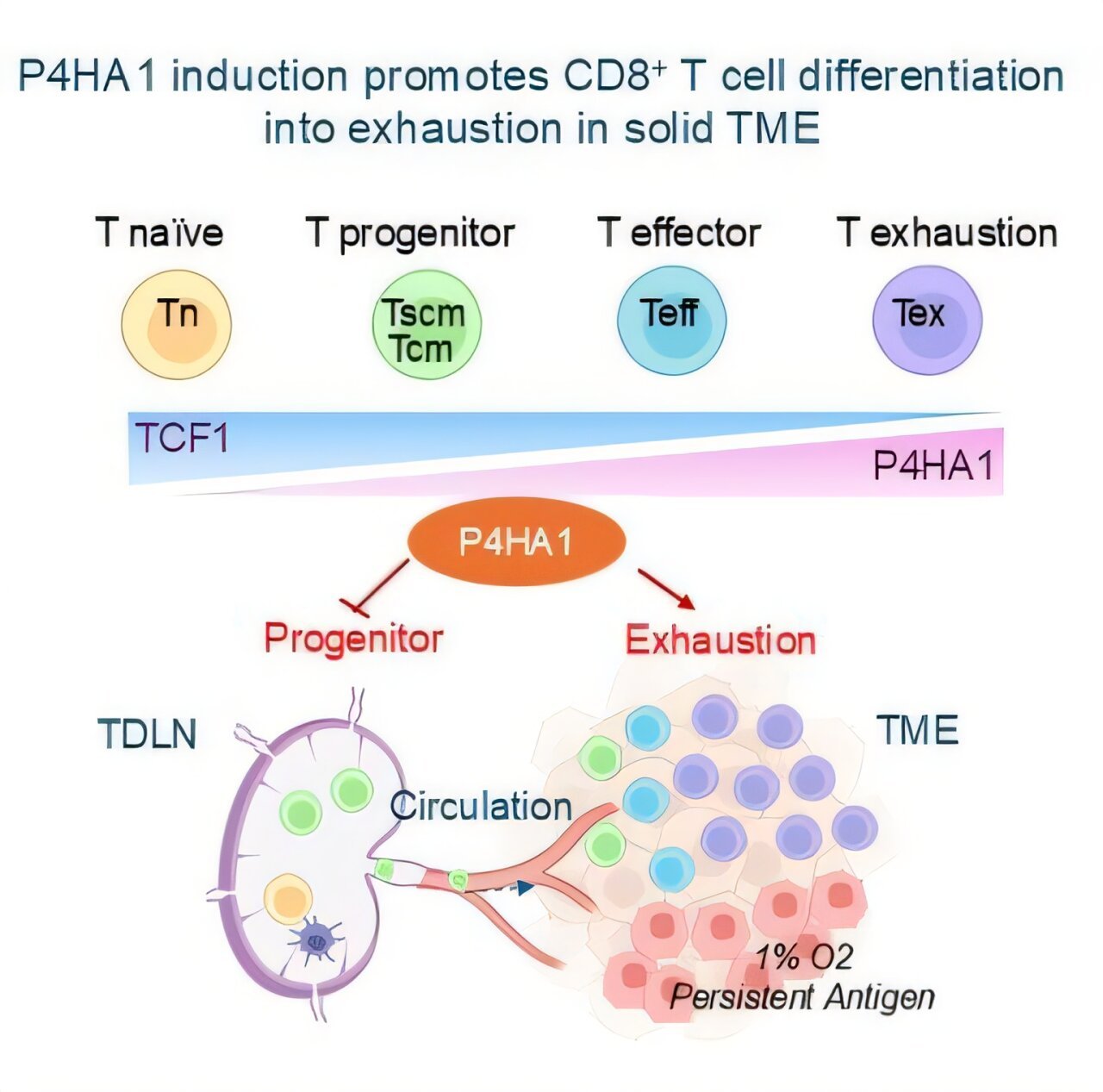A recent study has revealed that the use of doxycycline, an antibiotic commonly prescribed for the prevention of sexually transmitted infections (STIs), can significantly reduce the incidence of chlamydia and syphilis among individuals in routine clinical care. The study, published on January 6 in JAMA Internal Medicine, was led by the Harvard Pilgrim Health Care Institute, in collaboration with several branches of Kaiser Permanente in Northern California, Mid-Atlantic States, and Georgia. This study is significant not only for its findings but also because it is the largest cohort of doxycycline post-exposure prophylaxis (doxyPEP) recipients reported globally.
DoxyPEP is a preventive strategy where individuals take a dose of doxycycline within 72 hours following potential exposure to an STI, particularly bacterial infections like chlamydia and syphilis. Previous clinical trials had shown the effectiveness of doxyPEP in preventing these infections, especially among people assigned male sex at birth. However, as the study’s lead author, Dr. Michael Traeger from Harvard Pilgrim Health Care Institute, pointed out, what works in clinical trials doesn’t always translate directly to real-world settings, where various factors like adherence to treatment may impact the results.
The research sought to bridge this gap by investigating how doxyPEP, prescribed in routine healthcare settings, could impact STI rates among HIV preexposure prophylaxis (PrEP) users. In October 2022, San Francisco became the first city to recommend doxyPEP for use by gay and bisexual men and transgender women at high risk of contracting STIs. Just a month later, Kaiser Permanente Northern California adopted this practice for those using HIV PrEP, expanding its reach.
The study examined nearly 12,000 HIV PrEP users, of whom almost 20%, or 2,253 individuals, filled prescriptions for doxyPEP within its first year of availability. Most of the recipients were assigned male sex at birth, and their demographic profile, including racial and ethnic composition, closely mirrored that of the overall population of HIV PrEP users. The researchers then analyzed the impact of doxyPEP on STI transmission by comparing STI test results from before and after the initiation of doxyPEP.
The results were striking. The incidence of chlamydia and syphilis plummeted by an impressive 79% and 80%, respectively, among those using doxyPEP. Additionally, gonorrhea cases were reduced by 12%. This study provides strong evidence that doxyPEP, when prescribed as part of routine care, can effectively reduce STI transmission rates among high-risk groups.
Dr. Jonathan Volk, an infectious disease specialist with The Permanente Medical Group, noted that the observed reductions in STI rates were remarkable. He highlighted how clinicians have witnessed a tangible decline not only in positive STI test results but also in the number of patients requiring treatment for STI exposure. Despite this success, the study also highlighted the need for caution, particularly with respect to gonorrhea, for which the reduction was less significant. This outcome underscores the importance of regular STI testing and monitoring, even for those using doxyPEP, to ensure continued effectiveness and prevent any overlooked cases.
The study’s co-author, Dr. Michael Silverberg, an HIV epidemiologist at Kaiser Permanente, emphasized the importance of doxyPEP, particularly in the context of rising syphilis rates and cases of congenital syphilis. The emergence of congenital syphilis is especially alarming, as it represents a severe risk to pregnant individuals and their infants. The study suggests that doxyPEP could offer a promising solution for curbing STI transmission rates in at-risk populations.
While the positive findings of the study are noteworthy, there are still unanswered questions regarding doxyPEP’s broader implications. Dr. Julia Marcus, a senior author and associate professor at Harvard Medical School, cautioned about the potential for antimicrobial resistance, a concern in the medical community surrounding overuse or misuse of antibiotics. Though doxyPEP has proven effective in preventing bacterial STIs, its long-term use could contribute to resistance to doxycycline and other antibiotics, a major public health challenge.
Despite this concern, Dr. Marcus remained optimistic about the broader application of doxyPEP in preventing STIs and improving sexual health. She and her colleagues argue that further studies are necessary to explore potential risks and the overall long-term benefits of doxyPEP in different populations, including its impact on antimicrobial resistance.
The success of doxyPEP, however, reinforces the need for innovative solutions to combat STIs, particularly given the increasing number of cases of syphilis, gonorrhea, and chlamydia in many parts of the world. The declining rates of STIs among those using doxyPEP in routine care suggest that expanding access to this preventive strategy could greatly reduce the transmission of these infections. Beyond doxyPEP, public health efforts will need to continue advancing, improving access to healthcare, and educating at-risk populations about STI prevention measures.
As the study shows, doxyPEP is not a magic bullet and should be viewed as one piece of a much larger strategy to address STI rates. Regular screening, education, and the promotion of safer sexual practices remain critical components of public health strategies. Yet the results are promising, providing hope for an effective tool to reduce the burden of STIs, particularly among those at high risk. With careful management and broader implementation, doxyPEP has the potential to significantly improve sexual health outcomes in various populations. The findings of this study pave the way for continued research and a broader discussion about the most effective ways to prevent and treat STIs in today’s world.
Reference: Doxycycline Postexposure Prophylaxis and Bacterial Sexually Transmitted Infections Among Individuals Using HIV Preexposure Prophylaxis, JAMA Internal Medicine (2025). DOI: 10.1001/jamainternmed.2024.7186






